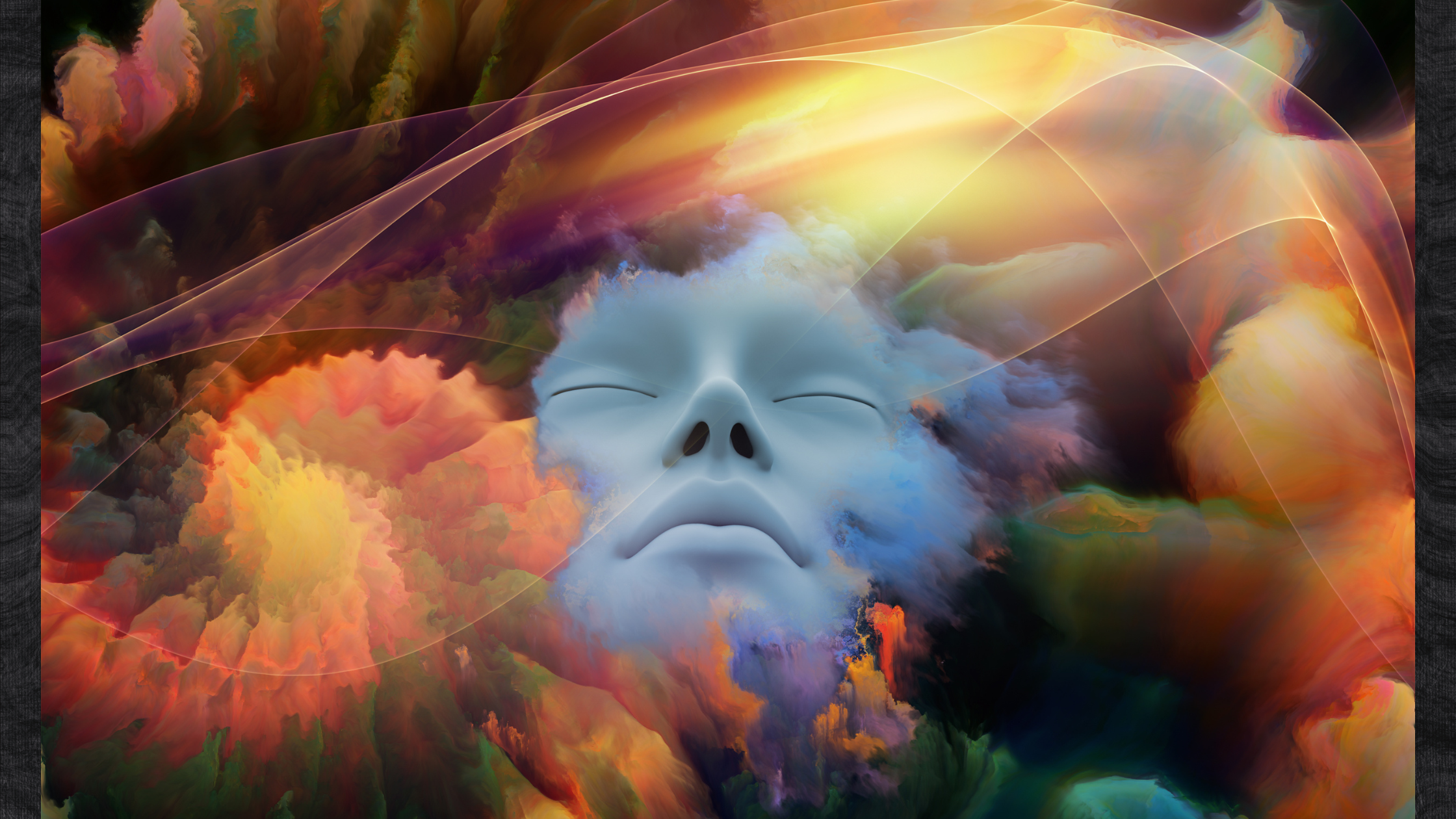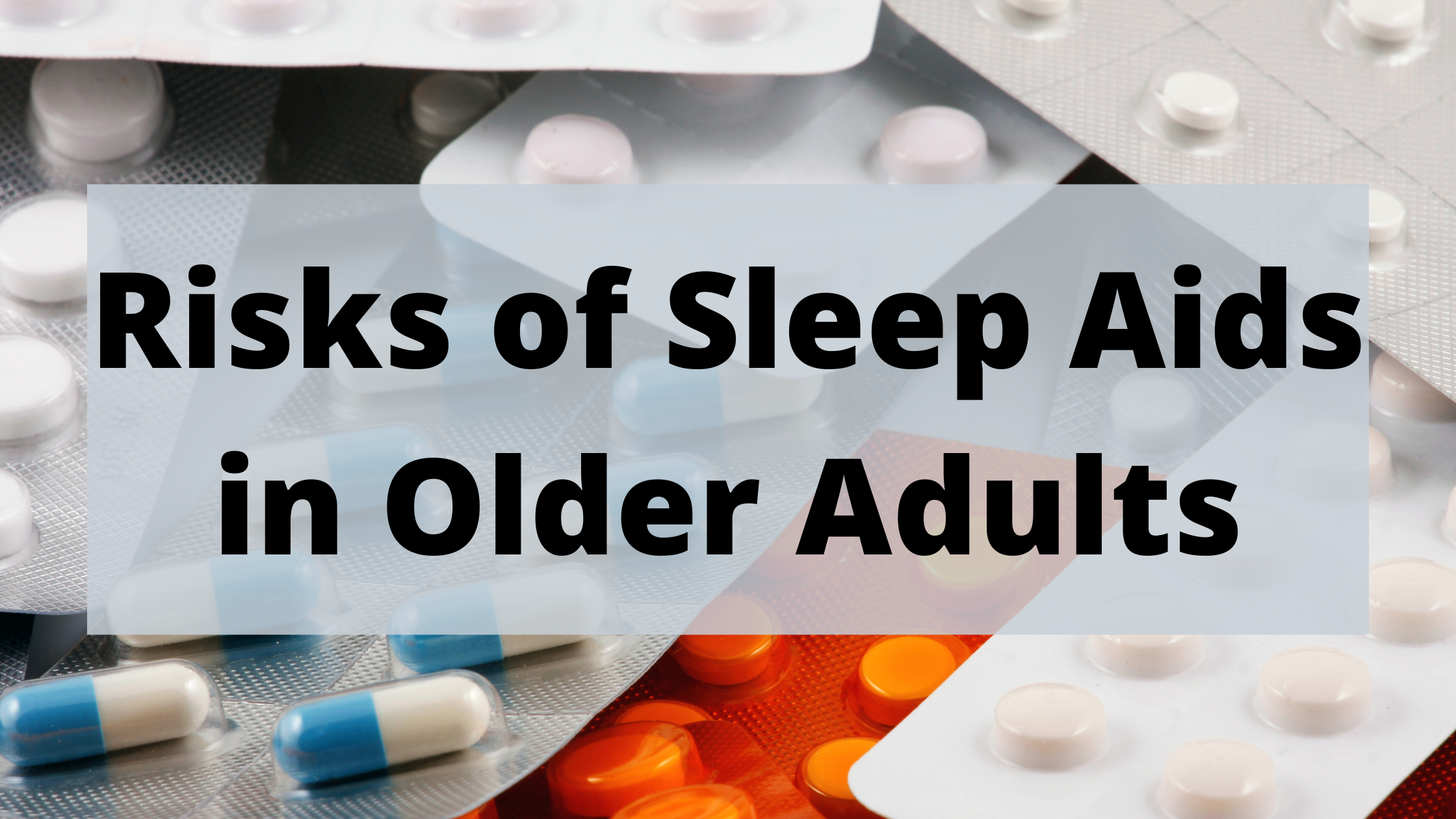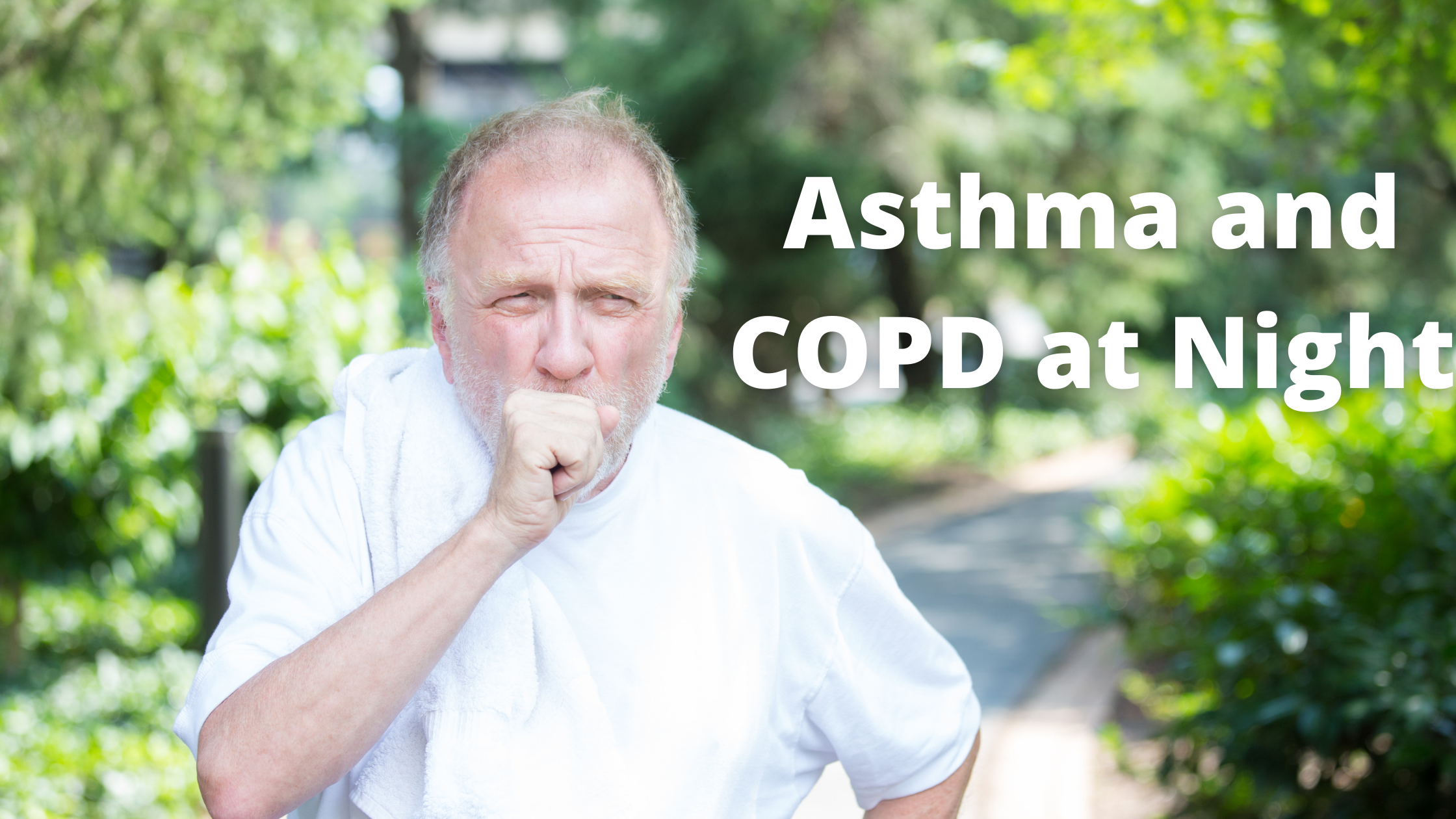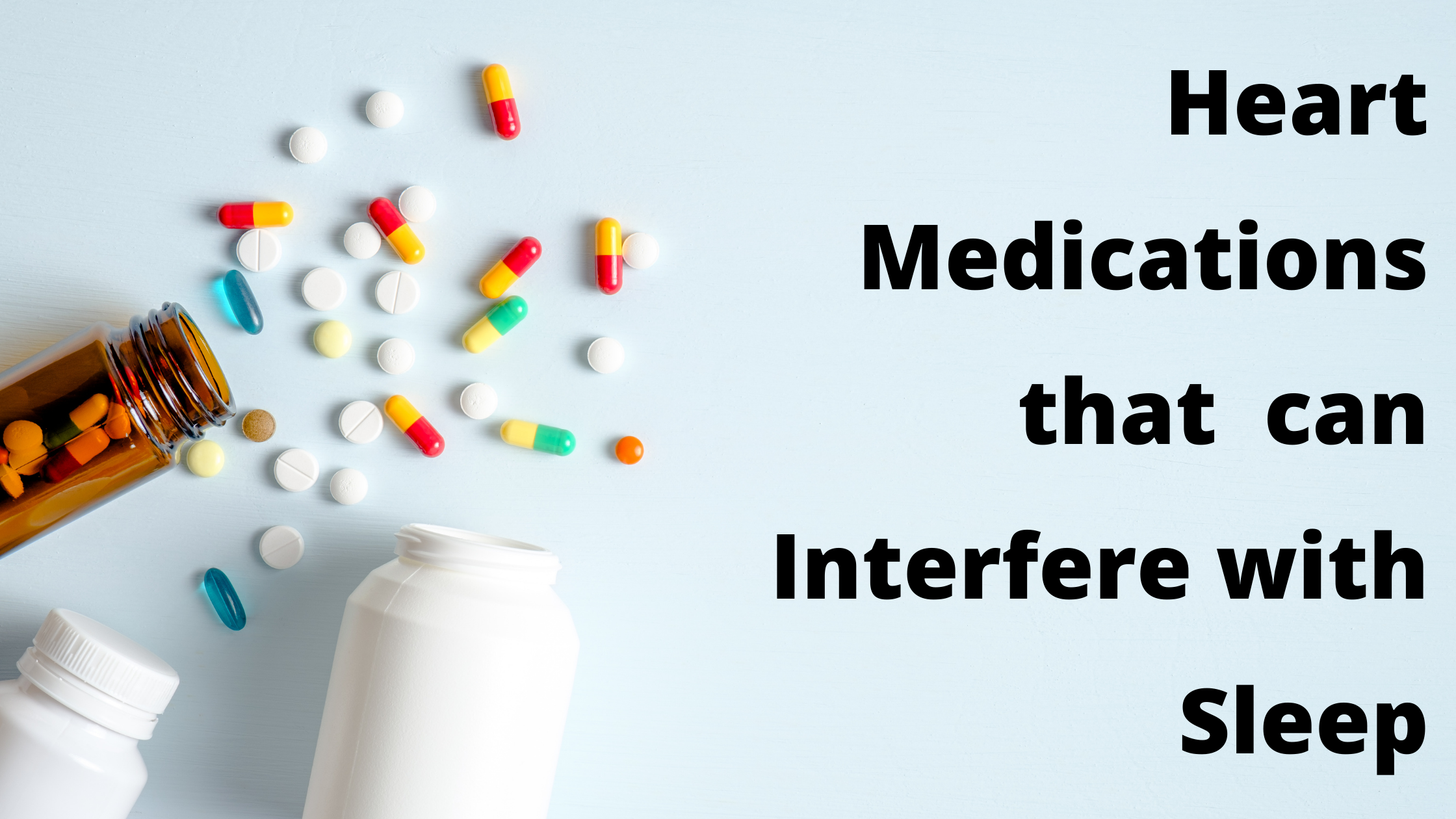Certain prescription medications can influence your sleep architecture and neurotransmitters, sometimes leading to intense dreams or nightmares. While these effects aren’t dangerous for most people, they can be disruptive or disturbing.
Medications Associated with Vivid Dreams and Nightmares
Insomnia is a frustrating sleep disorder that affects millions of people worldwide. While stress, anxiety, and lifestyle habits are often to blame, many people are surprised to learn that the medications they take might also be interfering with their sleep. Certain prescription and over-the-counter medications can cause insomnia or other sleep disturbances as a side effect. Here’s a closer look at some common medications that may contribute to sleepless nights, why they have this effect, and what you can do if you suspect your medication is keeping you awake.
Polypharmacy and Sleep in the Elderly: Understanding the Complex Relationship
As people age, they often face various health challenges that require medical intervention. Many older adults take multiple medications to manage chronic conditions, a practice known as polypharmacy. While these medications can be essential for maintaining health and well-being, they can also have unintended side effects, particularly when it comes to sleep. Sleep disturbances are common in the elderly, and polypharmacy can exacerbate these issues. In this blog post, we'll explore the relationship between polypharmacy and sleep in older adults, the risks involved, and strategies for improving sleep quality.
Understanding Antidepressants and Their Impact on Sleep
For those on a journey toward mental well-being, antidepressants can be valuable companions in the quest for balance. However, as with any medication, it's crucial to be aware of potential side effects. One area that often raises questions is the impact of antidepressants on sleep. In this guide, we'll explore the relationship between these medications and sleep patterns, offering insights to help individuals make informed decisions about their mental health and restful nights.
Common Medications That Cause Drowsiness: What to Know and How to Cope
Many medications are known to cause drowsiness, a side effect that can impact daily life, work, and even safety. Understanding which medications may cause sleepiness and knowing how to manage these side effects can help people take their medication safely and effectively. Here’s an overview of some common medications that can cause drowsiness and tips for managing these effects.
Insomnia induced by the consumption of alcohol, drugs, and other medications is called substance or medication-induced disorder. This means that the effects of using any of those substances is the cause of any sleep issues you may be experiencing, including sleep deprivation, excessive sleepiness, and unusual behaviors during sleep.
Substances or medication-induced sleep disorder differs from primary insomnia or exhaustion because it affects individuals right after they have taken a drug. Staying up late, participation in activities induced by drug or alcohol use can all interfere with sleep significantly, and the effects last much longer. Continue reading to learn more about how substances can lead to a sleep disorder.
The most popular supplements purchased in the United States includes multivitamins, Vitamin D, omega-3 fatty acid, and herbal remedies. Melatonin is also a dietary supplements that is a recommended sleep aid.
Dietary supplements are widely used, but some may pose certain health risks due to limited regulation from the federal government agencies. Some supplements contain harmful ingredients or inaccurate concentrations that don't align with the print on the label. It is up to the customers, however to find formulations that which they can trust, which is something that over half of Americans are unable to do, according to a recent survey.
Continue reading to find out where to find reputable sleep aids, so you can ensure that you are buying the best thing for your health.
It is no secret that older individuals may struggle more with insomnia than any other group. This is due to a variety of physiological changes that make it harder to get a good night's sleep.
For most insomniacs, the best solution is a pharmaceutical intervention. However, for older adults, sleeping pills may not be the best first-line solution. This is due to the fact that sleeping pills have more adverse reactions and increased risks for older adults, than they do for other populations. Continue reading for more information on how sleep aids affect older adults.
Asthma and COPD are both obstructive diseases that make it difficult for lungs to completely get rid of all the air in them. Asthma is more common in younger patients and is reversible through treatment with drugs like albuterol and terbutaline. COPD is not reversible and is more evident in older patients, especially those with a history of smoking. It's important to know the difference between these two diseases, as well as the impact they can have on your sleep. Continue reading to find out more about sleep problems in these individuals.
Sleep is one of the most important things we can do to maintain our health. However, when treating other parts of the body, those medications and treatment plans can interfere with sleep. Here is a list of common heart medications and how they can interfere with sleep. If you take any of these medications and find yourself having trouble sleeping, they may be the culprit, requiring you to talk with your physician to see if there is another option.









